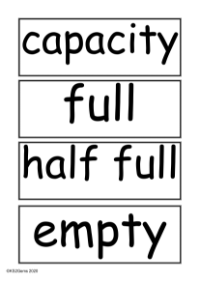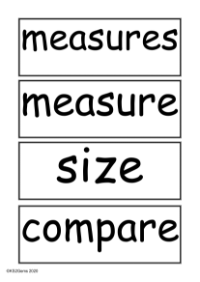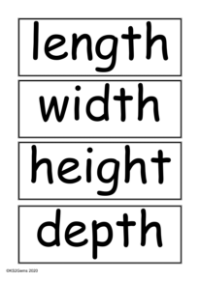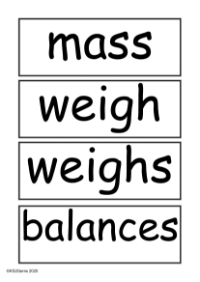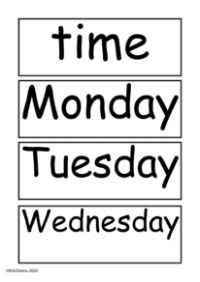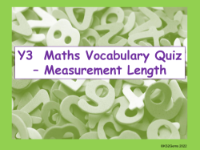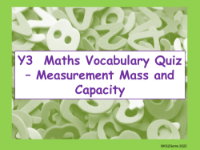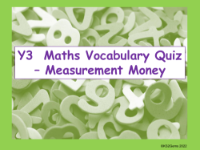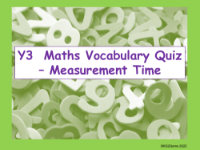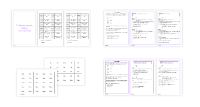Vocabulary - Money
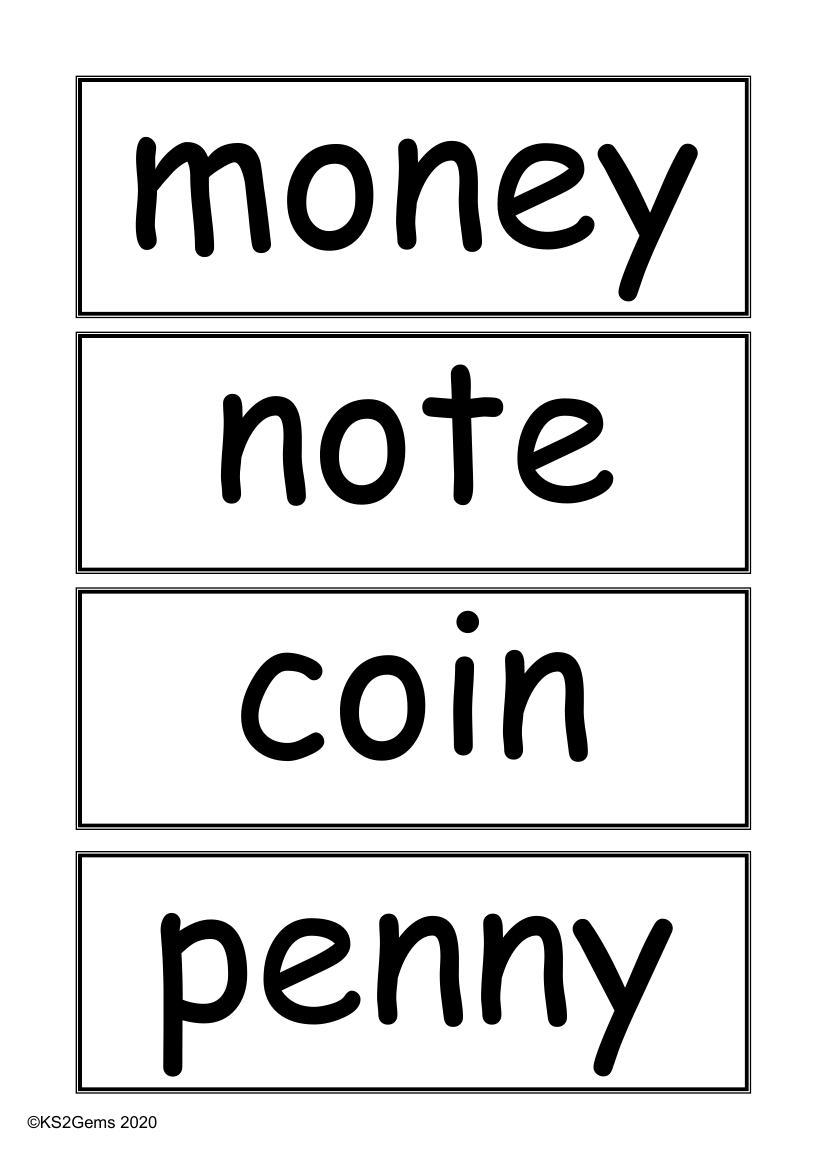
Maths Resource Description
The vocabulary associated with money is essential for understanding financial transactions and basic economics. These terms are commonly used in everyday life, especially when dealing with purchases and sales. Words like 'money', 'note', and 'coin' are the basic building blocks, referring to the physical forms of currency. 'Penny' and 'pence' denote smaller units of currency, while 'pound' and its symbol '£' represent the standard unit of currency in the UK. 'Price' is the amount of money required to purchase an item, and 'cost' refers to the amount that needs to be spent or has been spent on goods or services.
Additional terms related to transactions include 'buy' and 'bought', which describe the action of acquiring something in exchange for money, while 'sell' and 'sold' refer to the act of giving something in return for money. The words 'spend' and 'spent' are used when money is used to pay for items or services. The word 'pay' is the action of settling a debt or a bill. 'Change' is the money returned when the amount given to pay is more than the cost of the item. Descriptors such as 'dear', 'expensive', 'cheap', and their comparative and superlative forms ('cheaper', 'cheapest', 'more expensive', 'most expensive', 'less expensive', 'least expensive') are used to discuss the relative cost of items. Finally, 'how much?' and 'how many?' are questions often used to inquire about price and quantity, while 'total', 'amount', 'value', and 'worth' help in understanding the sum or economic value of money or goods.
